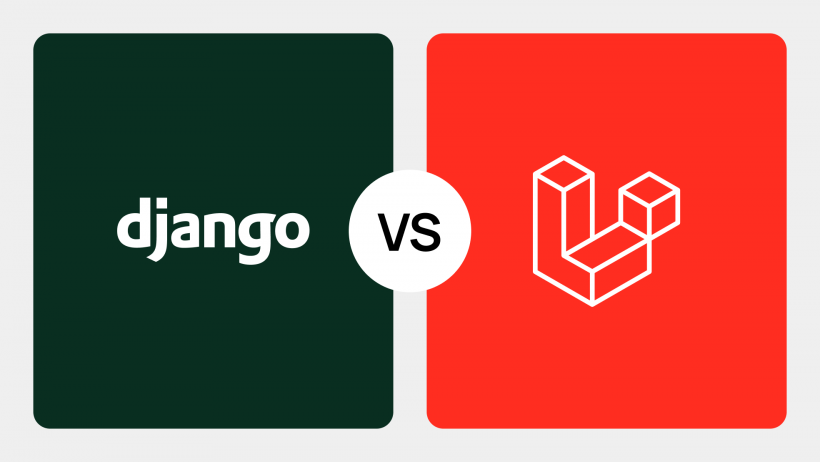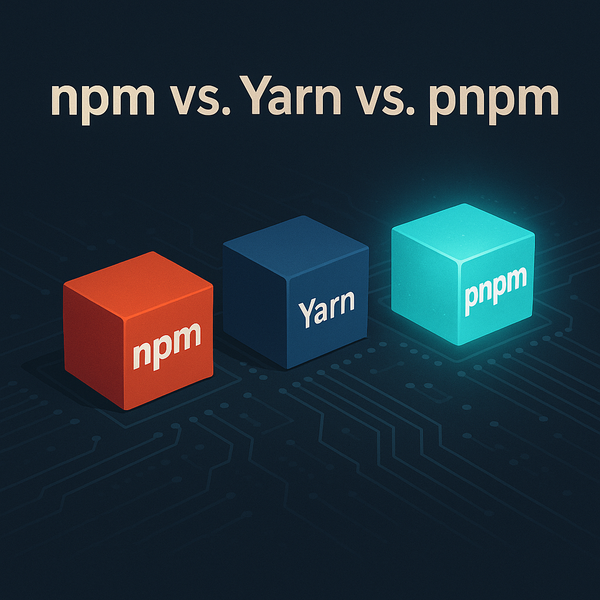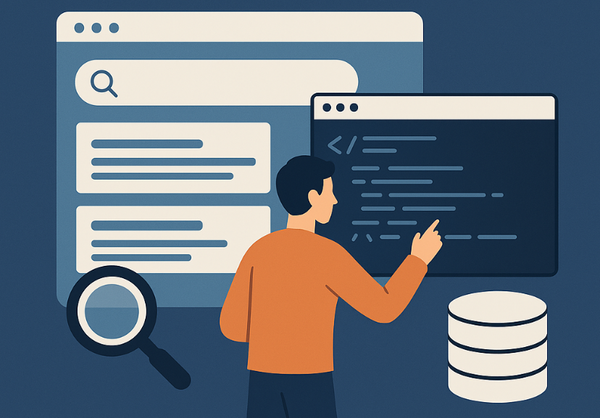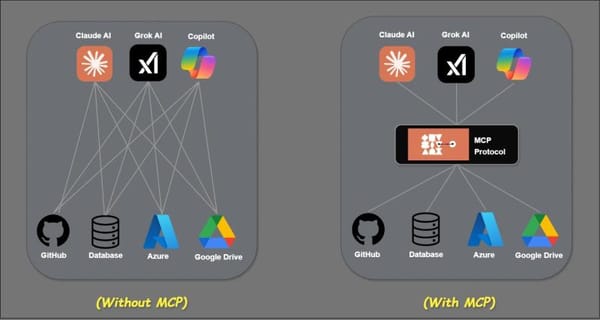AI-Powered Frontend: The Future of Web Development

Introduction
The world of frontend development is undergoing a transformation with the integration of Artificial Intelligence (AI). From automating repetitive tasks to generating entire UI components, AI is reshaping how developers build and optimize web applications. In this article, we’ll explore how AI is revolutionizing frontend development, the tools available, and what the future holds.
How AI is Enhancing Frontend Development
1. AI-Powered Code Generation
AI tools like GitHub Copilot, ChatGPT, and Amazon CodeWhisperer assist developers by suggesting code snippets, auto-completing functions, and even generating entire components based on natural language prompts. This reduces development time and helps junior developers learn best practices.
2. Automated UI/UX Design
AI-driven design tools such as Figma’s AI features, Adobe Firefly, and Uizard help designers and developers create visually appealing interfaces quickly. These tools can:
- Generate color schemes and typography
- Convert hand-drawn sketches into functional prototypes
- Optimize layouts for better user engagement
3. Smart Testing & Debugging
AI-powered testing frameworks like Applitools and Testim use machine learning to:
- Automatically detect visual regressions
- Optimize test cases for efficiency
- Predict potential bugs before deployment
4. Performance Optimization
AI can analyze user behavior and optimize frontend performance by:
- Dynamically loading resources
- Reducing unused JavaScript (via tools like Next.js and Vercel’s AI optimizations)
- Personalizing content delivery based on user preferences
5. Voice & Natural Language Interfaces
With advancements in speech recognition (OpenAI Whisper, Google Speech-to-Text) and NLP models (GPT-4, Claude), AI enables voice-controlled and conversational UIs, making applications more accessible.
Popular AI Tools for Frontend Developers
The Future of AI in Frontend
- Zero-Code/Low-Code AI Builders: Platforms like Wix ADI and Framer AI will allow non-developers to create fully functional websites using AI.
- Self-Learning UIs: Websites that adapt in real-time based on user interactions.
- AI-Generated Animations & Micro-Interactions: Tools that automatically enhance UX with smooth transitions.
Conclusion
AI is not replacing frontend developers—it’s empowering them to work faster, smarter, and more creatively. By leveraging AI tools, developers can focus on innovation rather than repetitive tasks, leading to more dynamic and user-friendly web experiences





